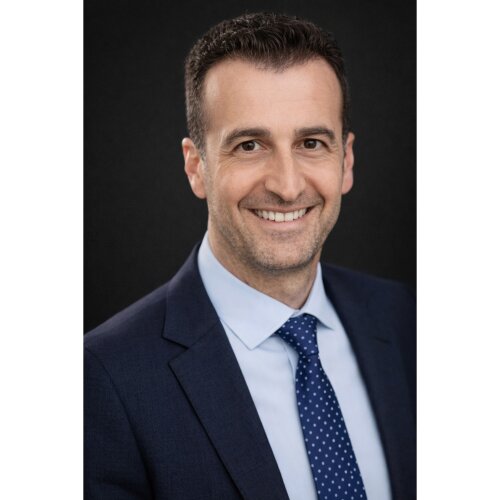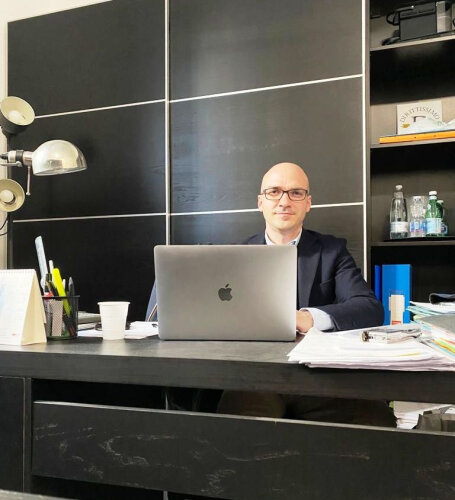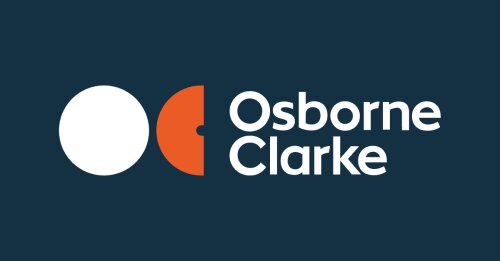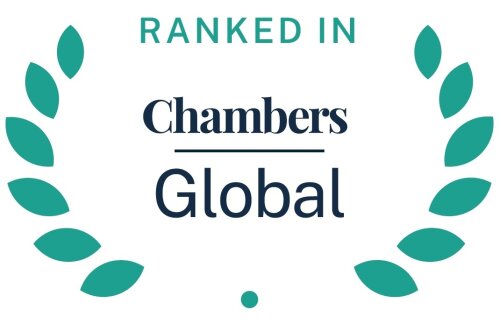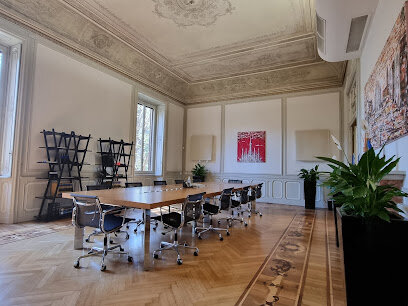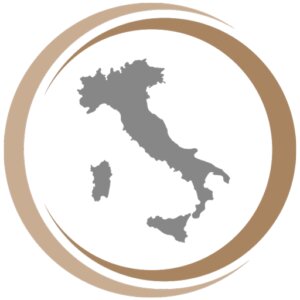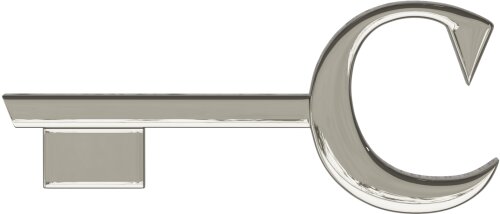Best Gaming Lawyers in Milan
Share your needs with us, get contacted by law firms.
Free. Takes 2 min.
List of the best lawyers in Milan, Italy
About Gaming Law in Milan, Italy
Gaming law in Milan, Italy covers a broad range of legal issues related to gambling and video gaming activities. Italy has a complex regulatory framework that businesses and individuals must navigate to ensure compliance with the law. Gaming activities are regulated at both the national and regional levels. For the city of Milan, which is in the Lombardy region, additional regional regulations may come into play. The primary legal bodies involved in gaming regulation include the Agenzia delle Dogane e dei Monopoli (ADM), which oversees gambling activities, and the Commissione per le Comunicazioni (AGCOM), which manages it for electronic communications.
Why You May Need a Lawyer
Legal assistance is often required for those seeking to establish or operate a gaming business, handle licensing and compliance matters, or defend against any allegations of wrongdoing. Common situations include applying for a gaming license, addressing allegations of fraud or IP theft in video gaming, resolving disputes involving gaming contracts, and understanding advertising regulations for gaming. Furthermore, when faced with regulatory audits or investigations, legal expertise becomes crucial.
Local Laws Overview
The key aspects of local laws that are particularly relevant to gaming in Milan include licensing requirements, tax obligations, and advertising regulations. Any gaming establishment or online platform must obtain proper licenses from the Italian government. There are also specific tax rates applicable to gaming revenue. Advertising is strictly regulated, with an emphasis on protecting minors and vulnerable individuals from potential harms associated with gaming. It is important for any entity involved in gaming to adhere to all consumer protection standards and anti-money laundering directives.
Frequently Asked Questions
What kind of licenses are required to operate a gaming business in Milan?
Gaming businesses in Milan require a license from the Italian government. Depending on the type of gaming activity, this can range from online gaming licenses to land-based casino or betting shop licenses. All licenses are subject to stringent requirements and regulations.
Are there any restrictions on advertising gaming in Milan?
Yes, Italy has placed numerous restrictions on gaming advertising designed to protect minors and promote responsible gaming. These include a total ban on some forms of advertising and strict guidelines on where and how gaming services can be marketed.
What are the tax rates for gaming companies in Milan?
Gaming companies in Milan are subject to Italy's tax regime, which includes variable rates depending on the type of gaming activity and revenue. Specific tax rates apply to betting exchanges, sports betting, and online gaming.
What should I do if accused of gaming-related fraud?
If you are accused of gaming-related fraud, it is vital to seek immediate legal counsel. An attorney skilled in gaming law can help navigate the complexities of the legal system, protect your rights, and work toward a resolution.
How can I protect my intellectual property in the gaming industry?
You should consult with a lawyer specializing in intellectual property law to ensure your IP assets in the gaming industry are properly protected. This can involve trademark registration, copyright protection, and drafting enforceable non-disclosure agreements.
How are online gaming sites regulated in Milan?
Online gaming sites operating in Milan must adhere to national Italian laws and regulations enforced by the ADM. These cover everything from player protection, data privacy, and fair gaming practices to anti-money laundering measures.
What are the consequences for operating gaming activities without a license?
Operating gaming activities without the appropriate license is illegal and can lead to significant fines, seizure of proceeds, and potential imprisonment. A lawyer can guide you through the licensing process to avoid such penalties.
Is esports considered part of gaming law in Milan?
Yes, esports fall under the broader category of gaming law. Although not regulated in the same manner as traditional gambling, there are legal considerations pertaining to contracts, event organization, and player rights that require legal expertise.
Can foreign gaming companies operate in Milan?
Foreign gaming companies can operate in Milan, but they must comply with Italian gaming laws, including obtaining the relevant licenses and paying applicable taxes.
Where can individuals seek help for gaming addiction in Milan?
Individuals looking for help with gaming addiction can access resources provided by the Italian National Health Service or reach out to non-profit organizations specialized in such matters.
Additional Resources
Individuals and businesses can refer to the Agenzia delle Dogane e dei Monopoli (ADM) for information on gambling regulations and the Ministry of Economic Development (MISE) for broader regulatory concerns. The Italian Association of Gaming Lawyers (IAGL) can be a valuable resource for finding legal experts specialized in gaming law.
Next Steps
If you are in need of legal assistance related to gaming in Milan, the next step is to contact a qualified lawyer who specializes in this area of law. Look for attorneys with a strong track record in gaming law and experience dealing with the Italian regulatory environment. They can provide advice on compliance, guide you through the licensing process, and represent you in any legal disputes.
Lawzana helps you find the best lawyers and law firms in Milan through a curated and pre-screened list of qualified legal professionals. Our platform offers rankings and detailed profiles of attorneys and law firms, allowing you to compare based on practice areas, including Gaming, experience, and client feedback.
Each profile includes a description of the firm's areas of practice, client reviews, team members and partners, year of establishment, spoken languages, office locations, contact information, social media presence, and any published articles or resources. Most firms on our platform speak English and are experienced in both local and international legal matters.
Get a quote from top-rated law firms in Milan, Italy — quickly, securely, and without unnecessary hassle.
Disclaimer:
The information provided on this page is for general informational purposes only and does not constitute legal advice. While we strive to ensure the accuracy and relevance of the content, legal information may change over time, and interpretations of the law can vary. You should always consult with a qualified legal professional for advice specific to your situation.
We disclaim all liability for actions taken or not taken based on the content of this page. If you believe any information is incorrect or outdated, please contact us, and we will review and update it where appropriate.




